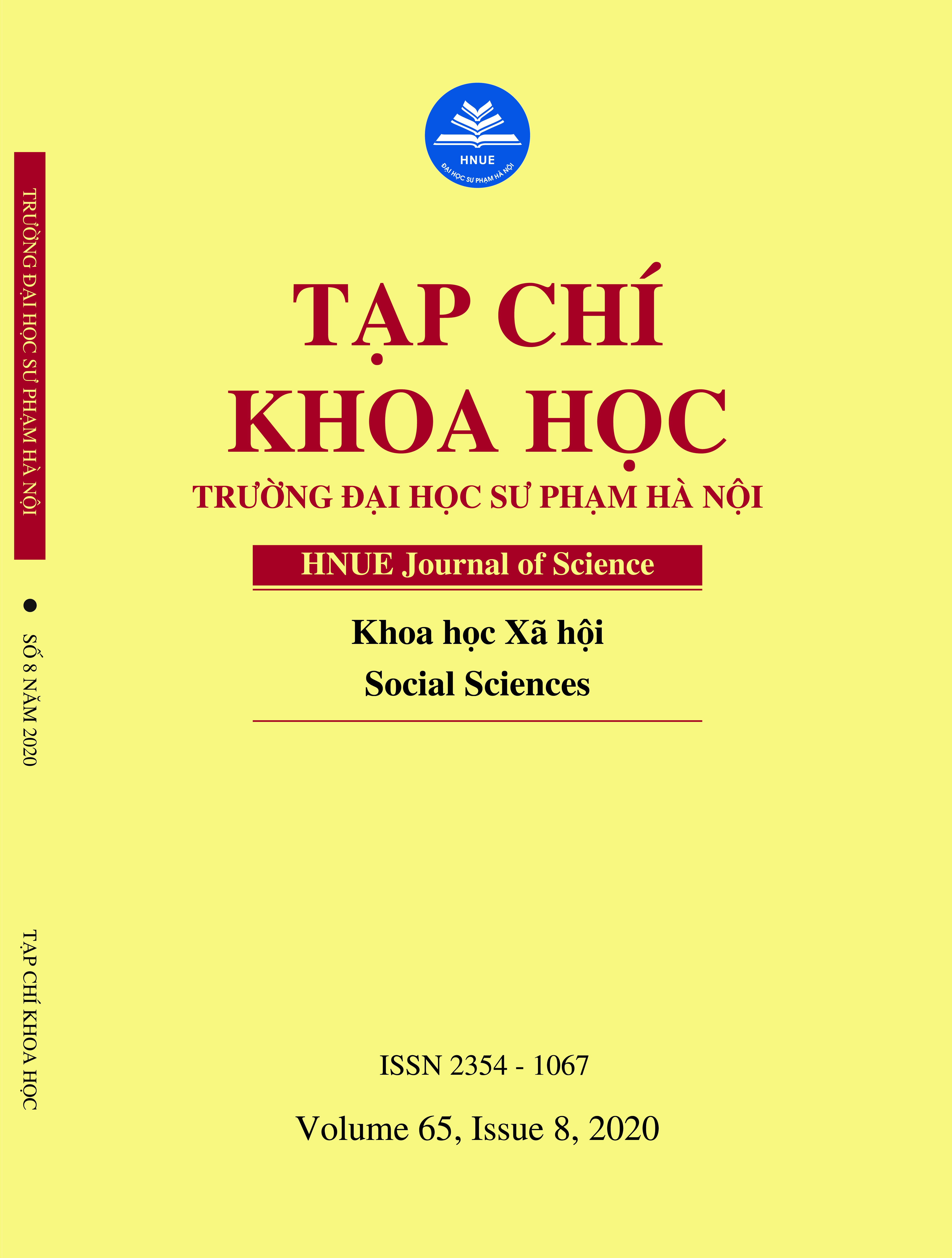Tokugawa Shogunate's policy on Buddhism and its implications
DOI: 10.18173/2354-1067.2020-0057
Abstract
In 1603, Tokugawa Ieyasu established the Tokugawa Shogunate, ushering in a long period of Japanese peace. In order to maintain social stability, the Tokugawa Shogunate has issued a series of policies in the fields of politics, economy, culture, and society. For Buddhism, the bakufu forced families to register for permanent religious activities at a local temple; required the sects to make a list of monasteries in their sects; banned the construction of new monasteries; encouraged the learning and researching discipline of monasteries throughout the country. These policies have had a multifaceted impact on the bakufu government, as well as Buddhism. For Buddhism, the policies of the Tokugawa shogunate marked a period of restoration but tightly controlled by this religion in Japan. The privileges that Buddhism possesses have given great power to Buddhist temples to Japanese people from peasants to samurai. This was also a period of witness to the academic revival of the Japanese Buddhist sects. For the bakufu government, Buddhism was tightly controlled by the government, becoming an effective tool to fight against Christianity as well as managing and controlling the inhabitants, and strengthening the feudal social order

